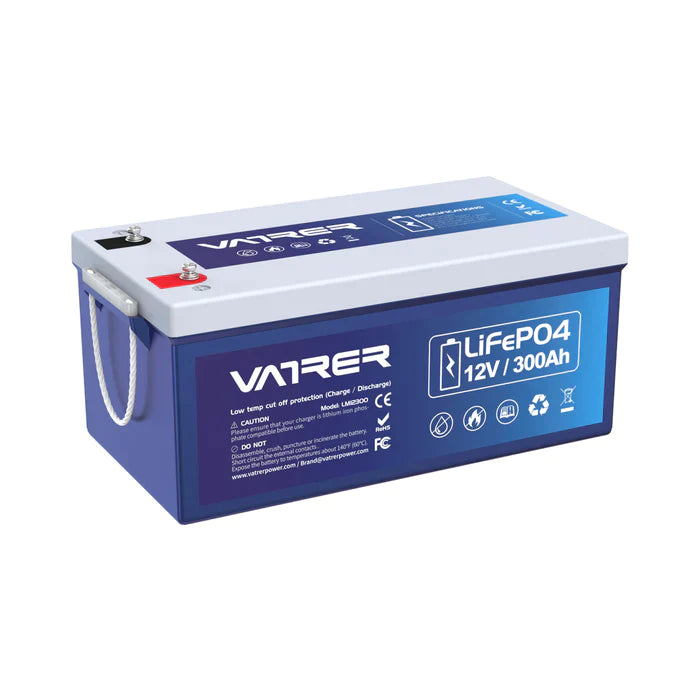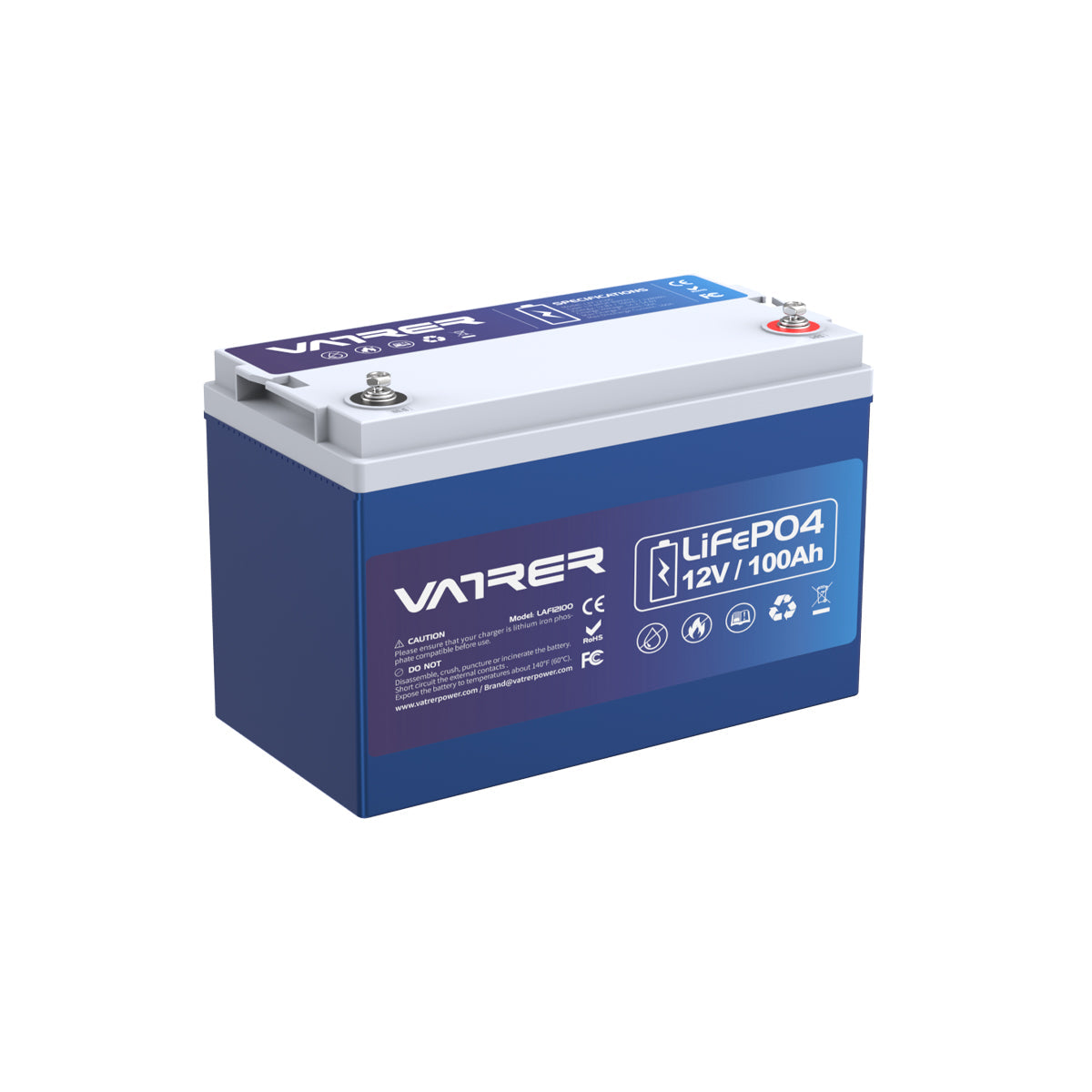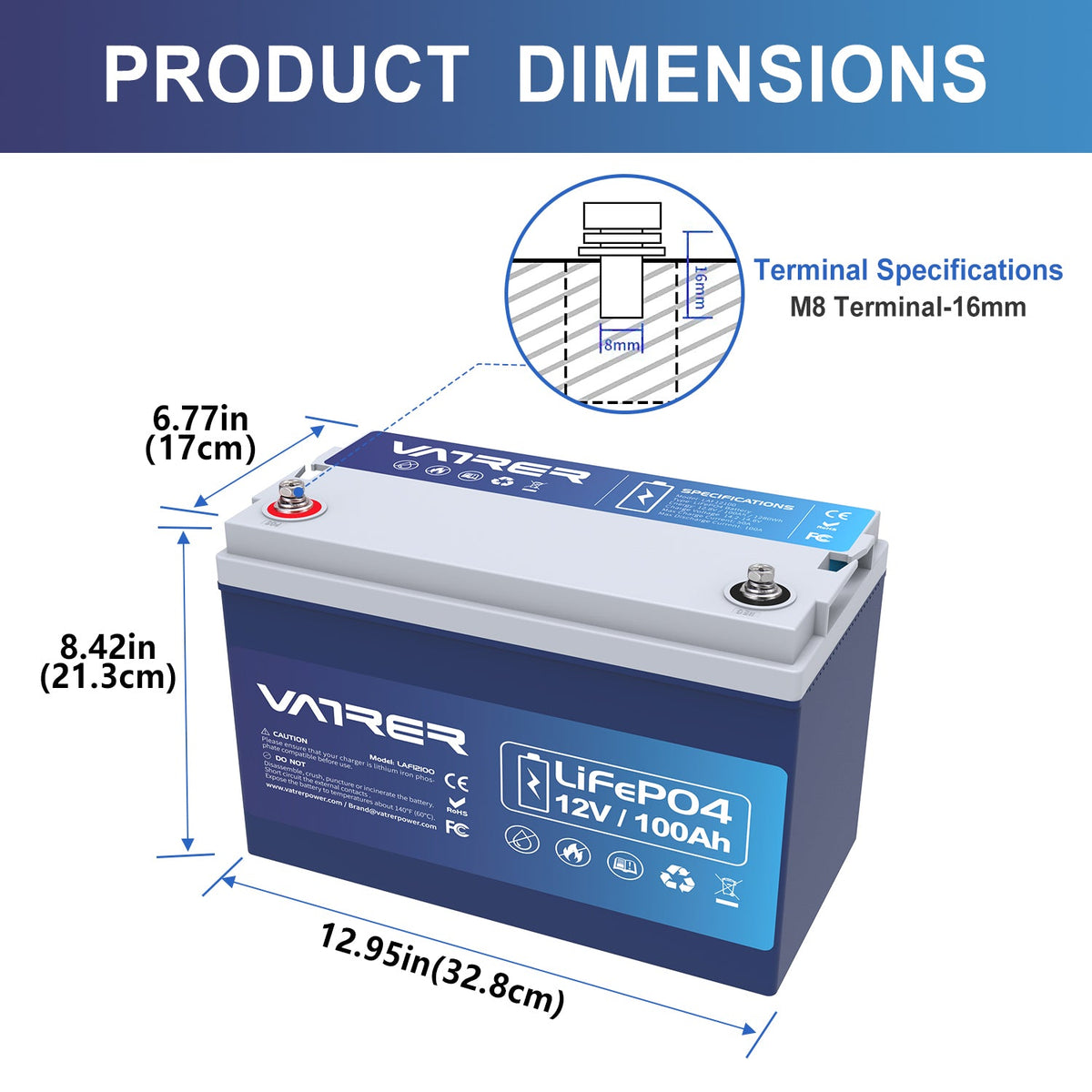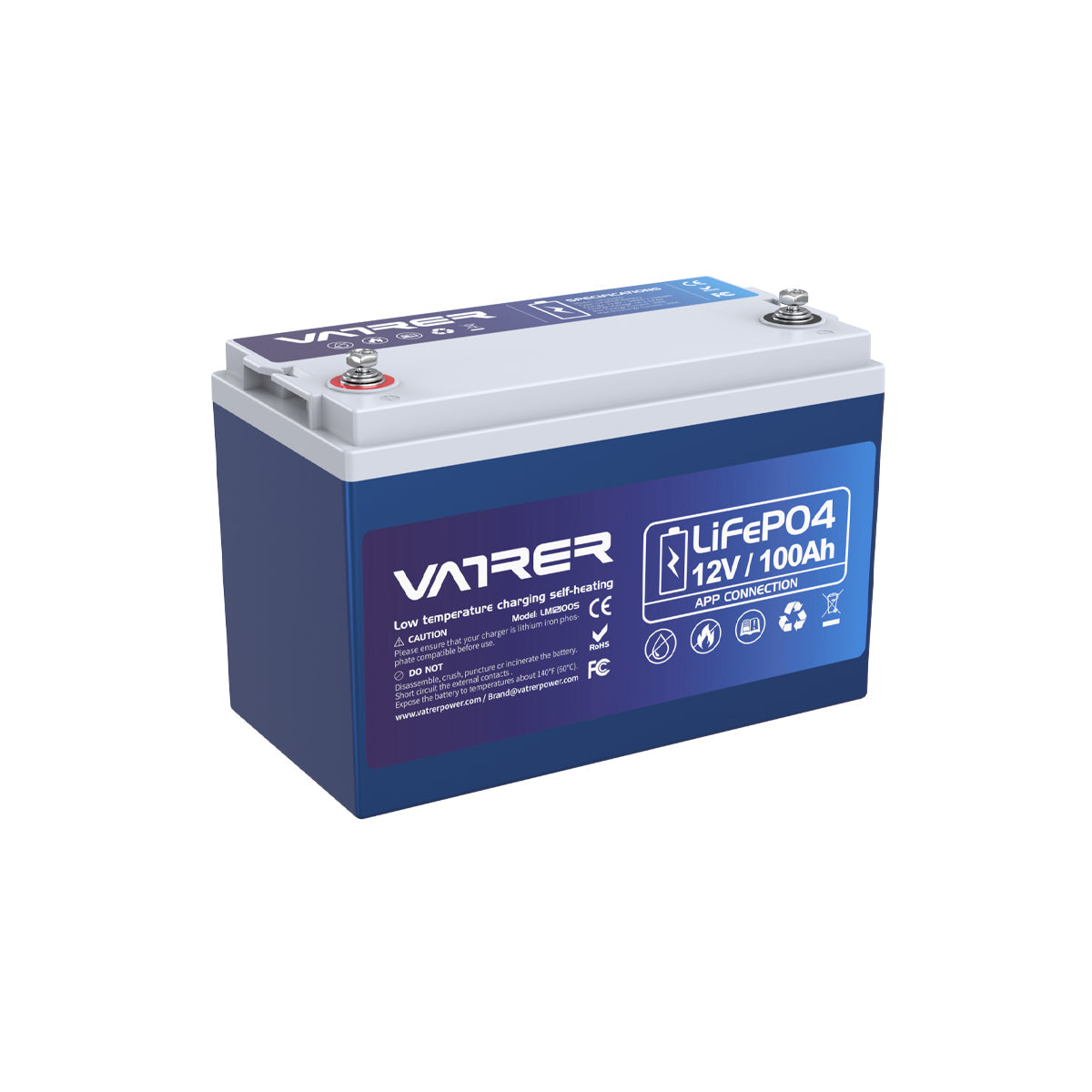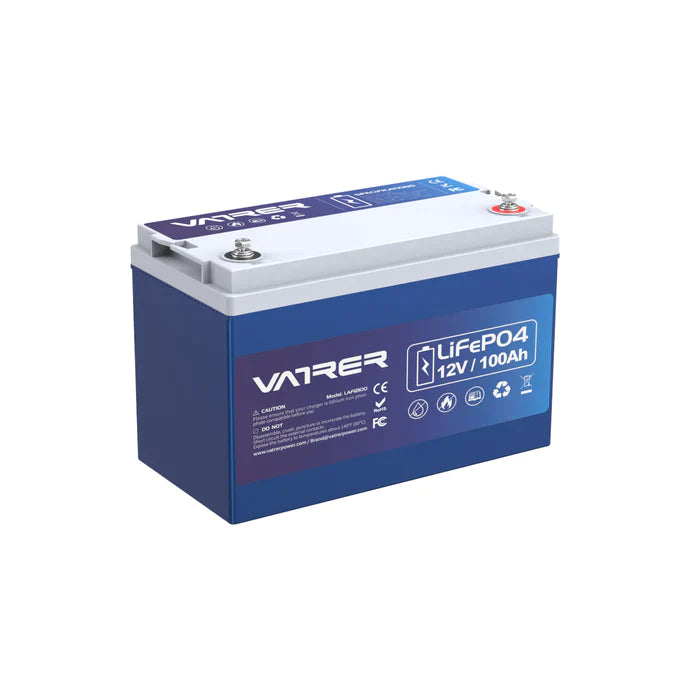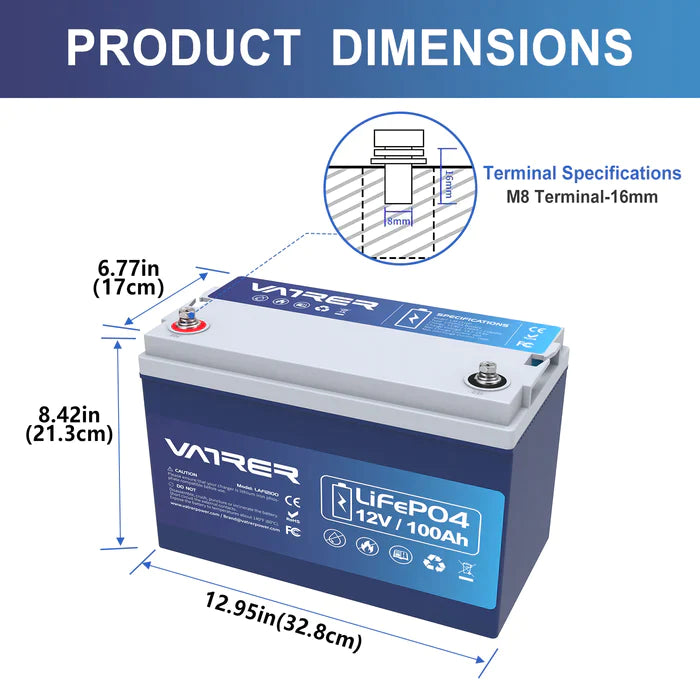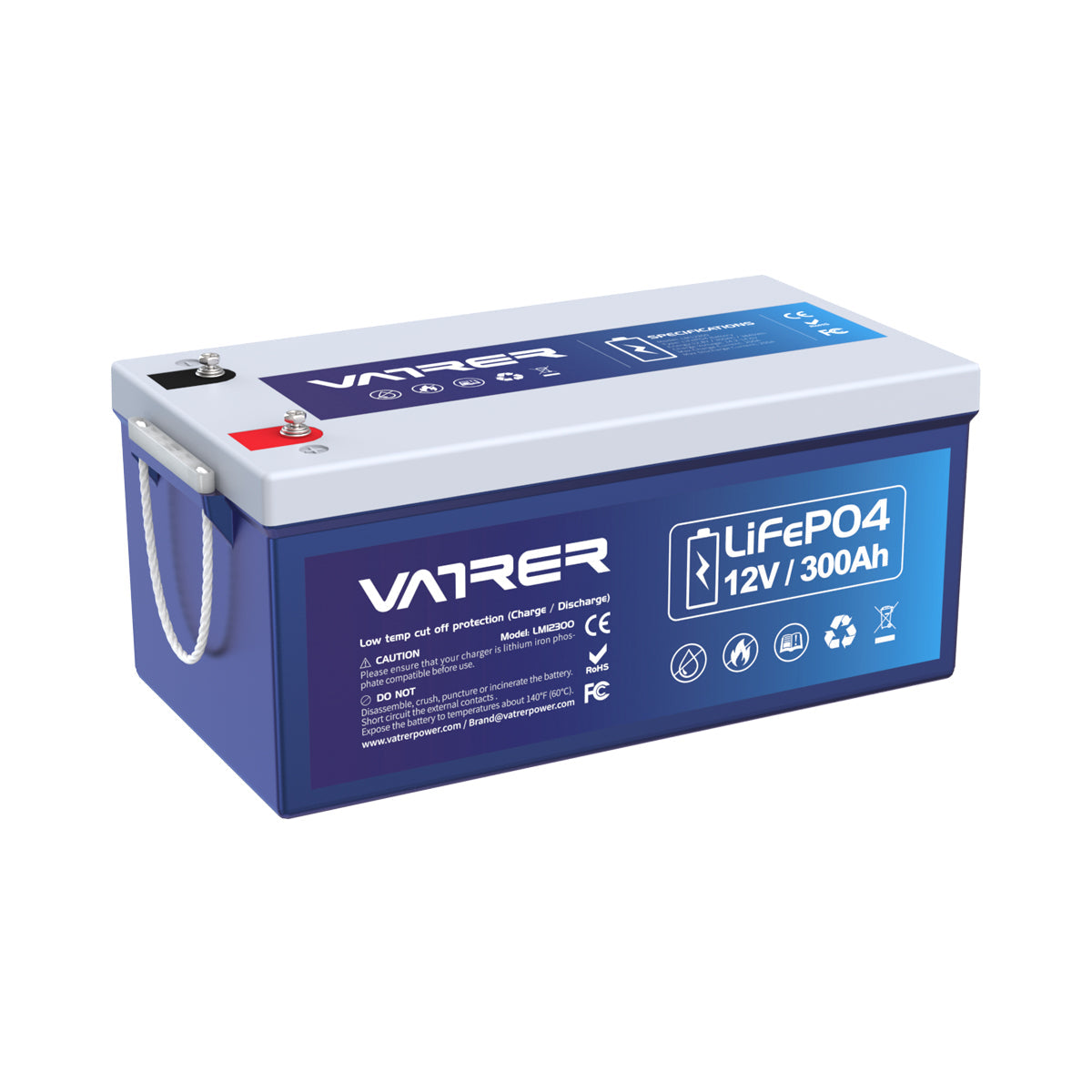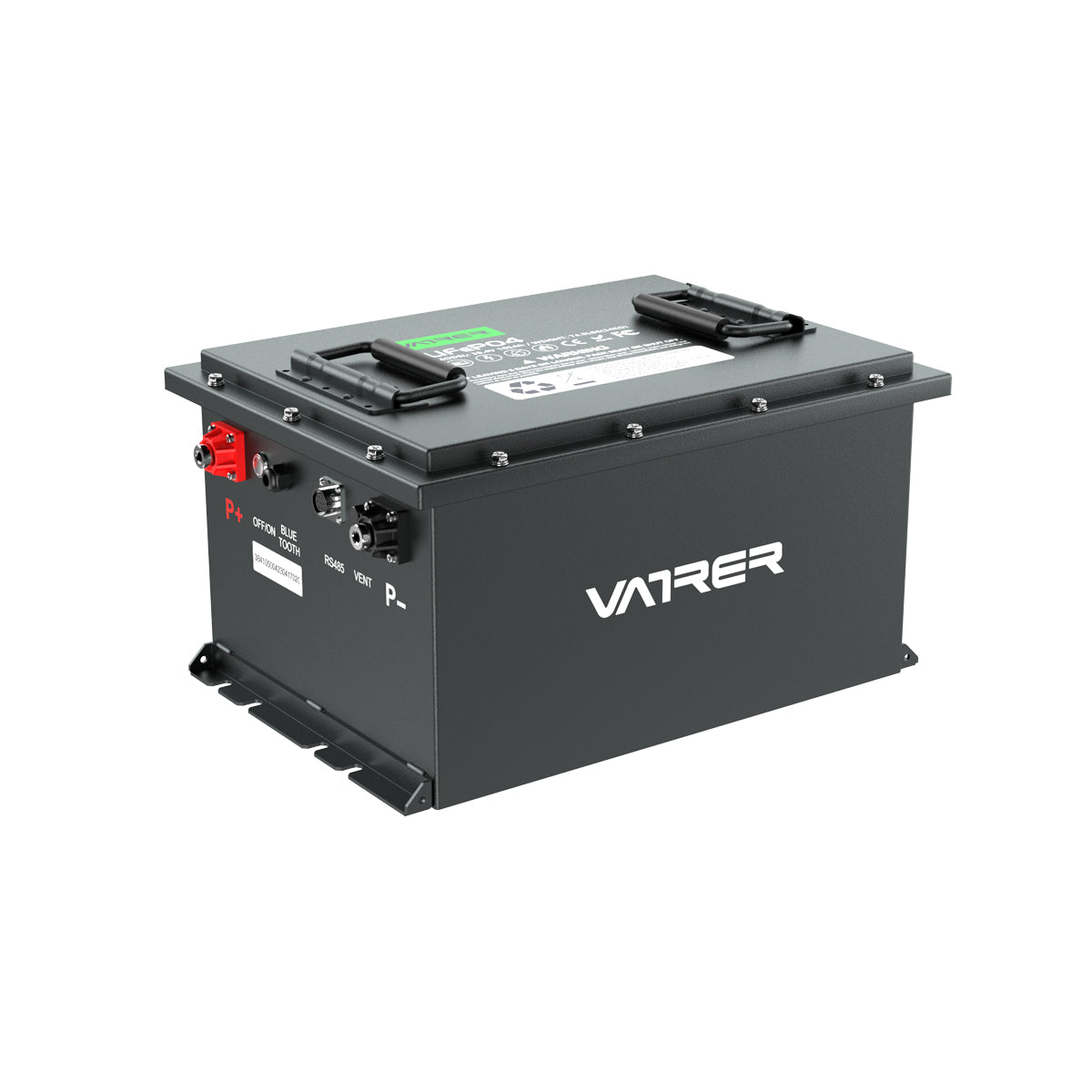Understanding the intricacies of various battery types is crucial for proper maintenance and optimal usage. This blog post explores the differences among car, marine, lawn-mower, and golf cart batteries, shedding light on why these distinctions are significant.
1. Car Batteries
Car batteries, typically known as automotive batteries, are designed to deliver a large burst of power necessary to start an engine. Once the engine runs, the alternator takes over and powers the car’s electrical systems while recharging the battery. These batteries are usually lead-acid type and are made to withstand the engine's high heat but are not designed for deep discharge.
2. Marine Batteries
Marine batteries must endure harsh marine environments and thus are built differently. They are available in two main types: starting batteries and deep cycle batteries. Starting marine batteries are similar to car batteries but have a greater capacity to resist vibrations and are more robust to prevent damage from constant movement. Deep cycle marine batteries, on the other hand, provide a steady amount of power over a longer period, suitable for powering trolling motors and other marine electronics.
3. Lawn-Mower Batteries
Lawn mower batteries are usually smaller than car batteries and are specifically designed to provide enough power to start small engines used in lawn mowers and other garden equipment. These batteries also need to handle frequent starts and stops, which requires a high rate of charge and discharge cycles. Lawn-mower batteries can be either lead-acid or lithium-ion, with the latter being more common in newer models for its longer lifespan and lighter weight.
4. Golf Cart Batteries
Golf cart batteries are generally deep cycle batteries. They are designed to provide power over long periods, allowing for extended use of the cart on a golf course or in a community setting. These batteries undergo deep discharges as they power the cart’s motor throughout the day. Most golf cart batteries are either lead-acid or lithium-ion, with lithium-ion offering advantages in terms of longevity, maintenance, and efficiency.
Key Differences
-
Usage: Car and marine starting batteries are optimized for short bursts of high power to start engines, whereas lawn-mower and golf cart batteries are geared towards providing steady power for longer durations.
-
Design: Marine batteries are built to handle wet conditions and resist corrosion. In contrast, car batteries are designed for a dry environment and higher temperatures.
-
Maintenance Levels: Golf cart and lawn-mower batteries typically require more regular maintenance than car batteries, especially if they are lead-acid type.
-
Lifespan and Efficiency: Lithium-ion batteries found in some modern lawn mowers and golf carts offer a longer lifespan and are generally more efficient than traditional lead-acid batteries.
Conclusion
Choosing the right battery for your vehicle or equipment is not just about fitting the size and voltage. Understanding the specific demands of each battery type helps ensure that you select a battery that not only fits but also performs optimally under the conditions it will be used. Whether it’s starting a car, powering a boat, mowing a lawn, or driving around a golf course, knowing these differences can significantly enhance the performance and longevity of your battery.


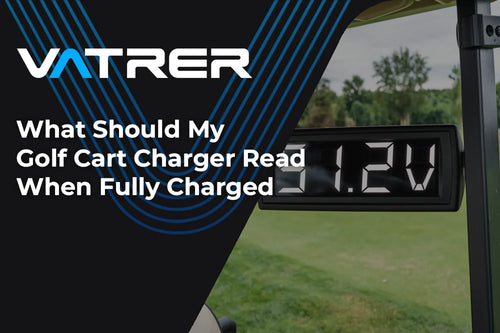
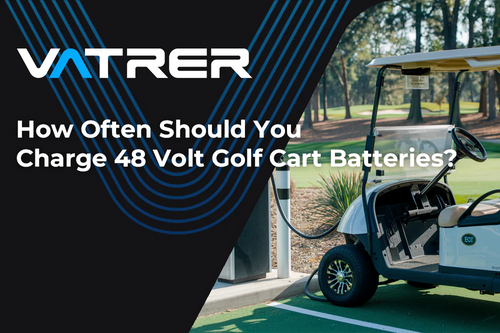













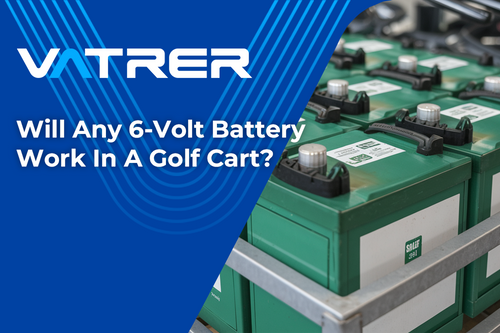


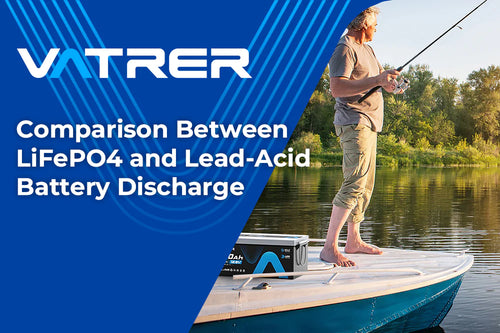















![[Buying Guide] Should I Buy Lithium Batteries on Black Friday?](http://www.vatrerpower.com/cdn/shop/articles/Should-I-Buy-Lithium-Batteries-on-Black-Friday.webp?v=1731467571&width=500)









